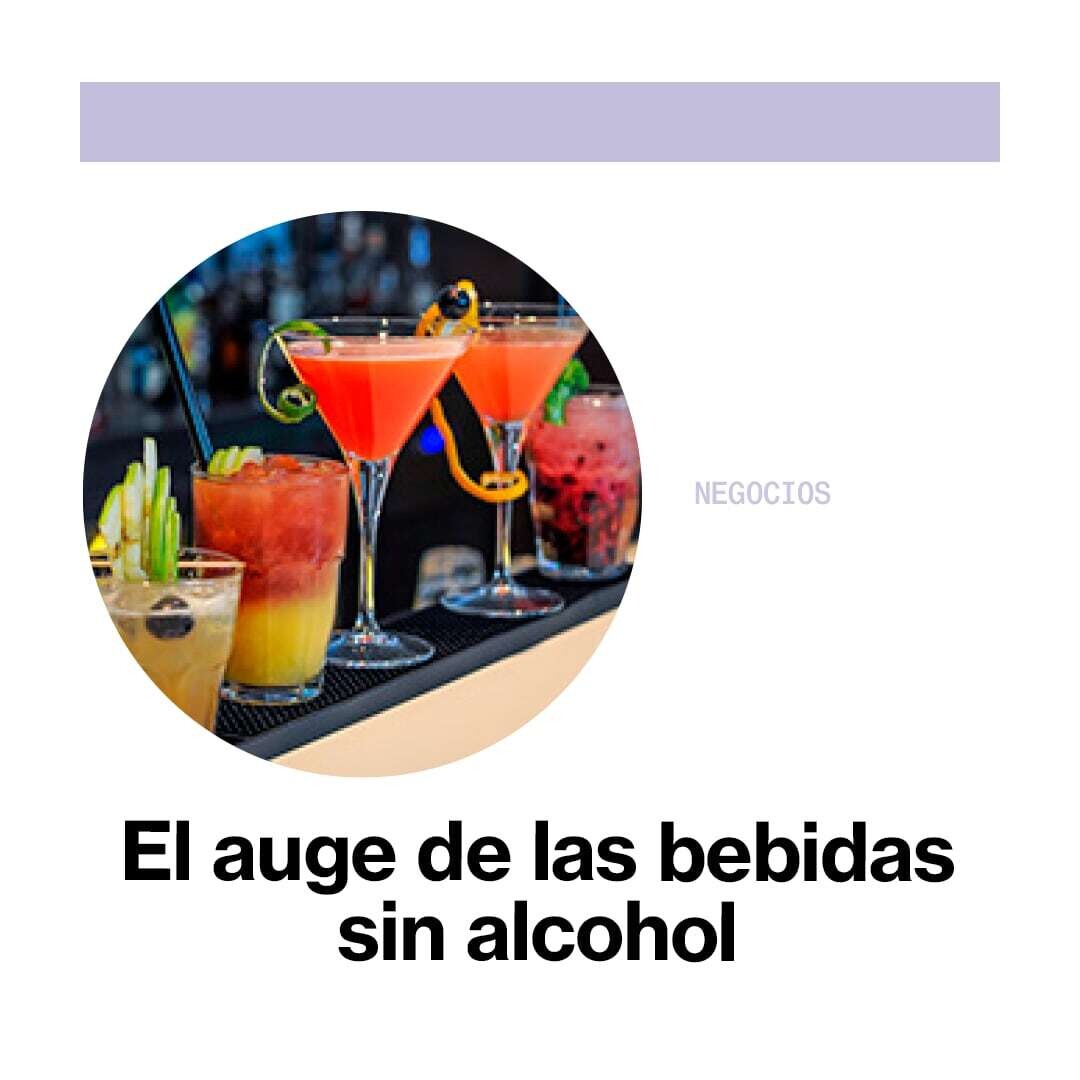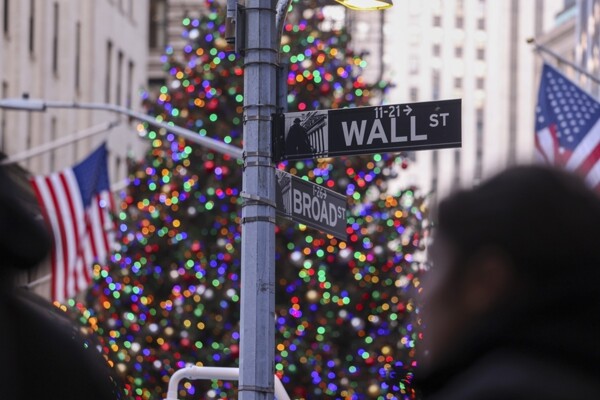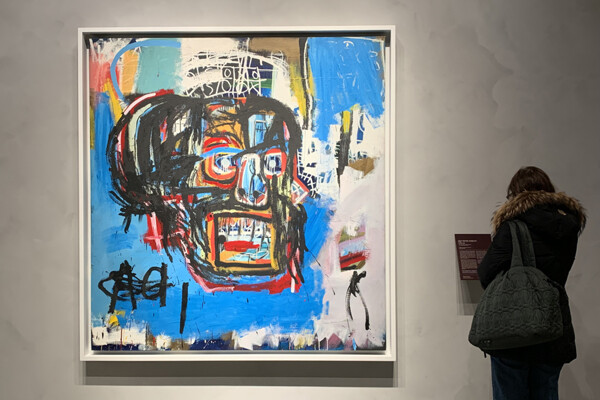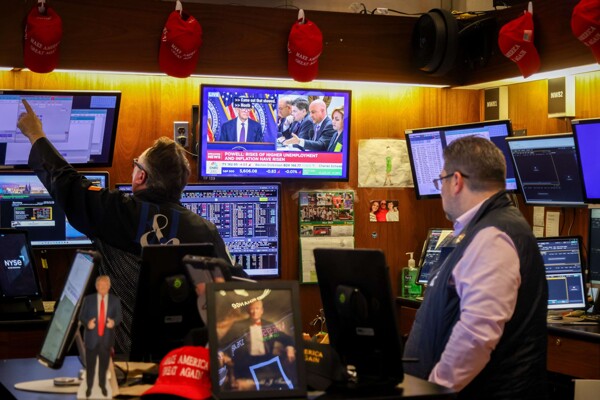
A new company called Gaba Labs has emerged in response to the growing awareness of the harms associated with alcohol consumption. Currently, it is observed that young people are drinking less compared to previous generations at the same age group. Non-alcoholic spirits, although they represent a small part of a global market of 650 billion dollars, are experiencing remarkable growth.
Leilo, a New York-based startup, is using extract from a plant known as kava, popular in the South Pacific for its psychoactive effects, to produce ready-to-drink non-alcoholic cocktails with flavors like piña colada and orange. On the other hand, adaptogens, herbs that can alleviate stress, still represent a minor fraction of the non-alcoholic spirits market.
David Nutt, scientist and co-founder of Gaba Labs, has been working for years on the development of a completely synthetic alcohol substitute called Alcarelle, with the ambition of selling this compound to other manufacturers. Despite the interest in such beverages, there are controversies, such as the case of kratom, a Southeast Asian plant with concerning properties due to its addictive potential.
Companies like Lyre’s, based in the UK, are marketing their products at prices that exceed those of traditional alcoholic options, responding to a demand from consumers seeking to moderate their alcohol or calorie consumption rather than eliminate it entirely. Moreover, weight loss medications like Ozempic and Wegovy pose a challenge for spirit manufacturers by reducing attraction to addictive substances like alcohol.
The market for non-alcoholic spirits is expected to grow significantly in the coming years, attracting a young audience seeking healthy alternatives. Companies like Gaba Labs and other multinationals in the traditional liquor sector are interested in capitalizing on this trend and appealing to a new generation of health-conscious consumers.














